Posts
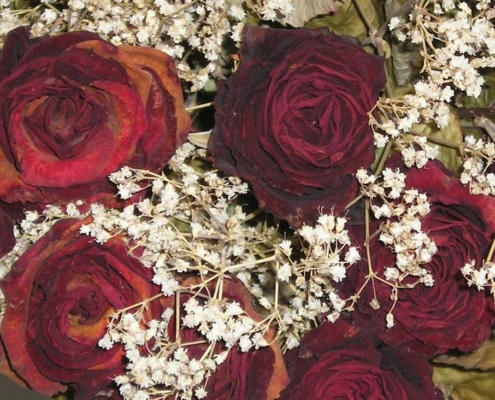
Perfume Aging: How Time Affects Natural Fragrances
Explore how aging influences the scent profile of natural perfumes and get tips for proper storage
Time affects natural fragrances in several ways, including color and scent profile changes, shelf life, climate change, and storage. The chemical…
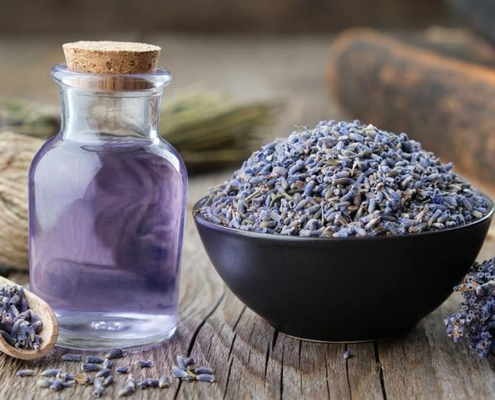
Aromatherapy Arsenal: Essential Oils for Earache
Earache is a common health concern affecting both adults as well as children. Those who have ever experienced it, know how painful they can be. In today’s critical world of drug side effects, many people are turning to natural essential…
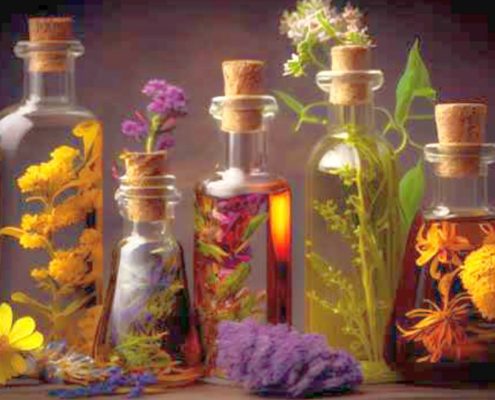
The Antiseptic and Antibacterial Properties of Essential Oils: Nature’s Potent Healers
In a world increasingly leaning towards natural and holistic approaches to health, essential oils stand out for their remarkable therapeutic benefits. These concentrated plant extracts, known for their aromatic qualities, have been used for…
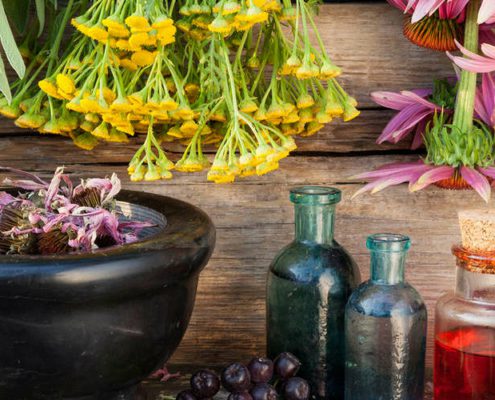
What is Aromatherapy
Aromatherapy refers to the use of aroma from plant compounds, essential oils in particular, for promoting health and well-being, which has been around for millennia. It encompasses several traditional complementary and alternative therapies…
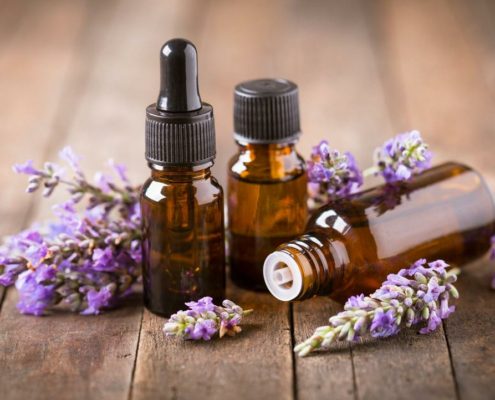
Essential Oils for Flu
Getting the flu or its symptoms every so often isn’t uncommon, particularly during seasonal changes. Flu viruses are continuously evolving, making it harder to treat them at home, and sometimes could be life-threatening. The use of essential…
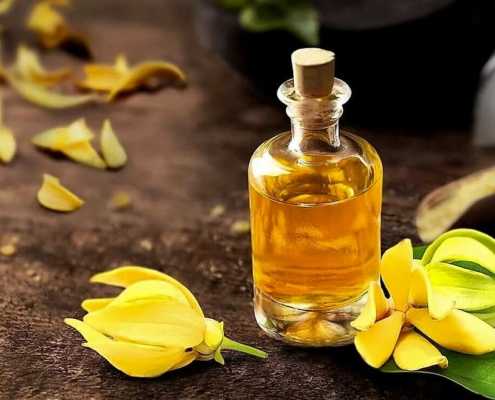
Ylang-ylang – Properties, Distillation, and History
Ylang-ylang oil has strong anti-inflammatory, antifungal, and antibacterial properties. These actions help alleviate fungal infections and symptoms of malaria.
Ylang-ylang has long been used for a range of therapeutic purposes. Modern scientific research has also substantiated many traditional benefits.

Botanical Perfumery
Botanical perfumery is the art of blending fragrance ingredients of botanical origin such as roots, flowers, seeds, resins, and gums to prepare aesthetically pleasing herbal fragrances. In Medieval Europe, fragrant botanical oils became popular for wellbeing and healing, which meant that the professions of physicians or apothecaries and perfumers became closely intertwined.
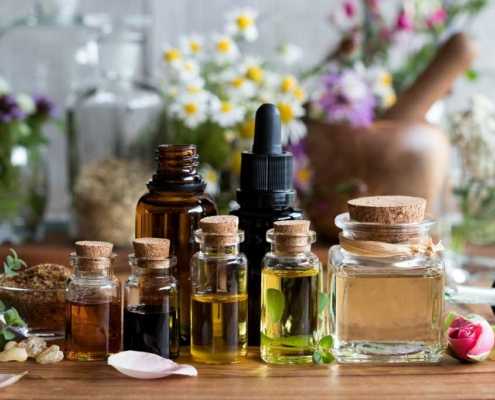
Antibacterial Essential Oils
The concept of using essential oils to combat infections isn’t anything new. Besides, modern studies found that certain essential oils can effectively kill micro-organisms including bacteria, viruses, and fungi without becoming resistant, making these essential oils great antimicrobial resources in modern medical science.
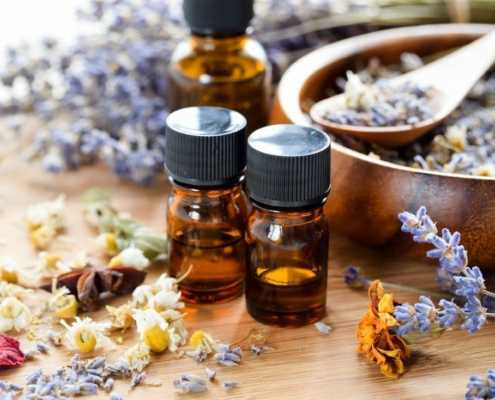
Essential Oils for Infections
Some essential oils have tremendous anti-microbial properties that can heal a large number of infective conditions including ear infections, sinus infections, bladder infections, skin infections, kidney infections, and urinary tract infections among others.
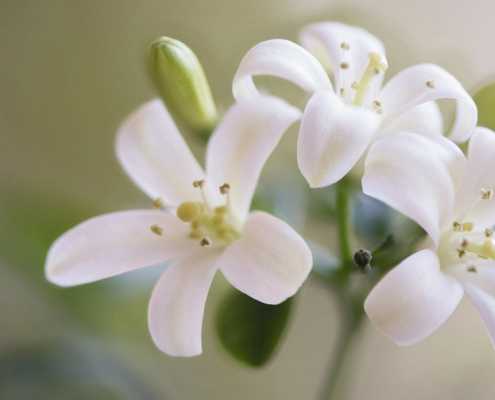
Jasmine Perfume – Properties, Distillation, and History
Jasmine perfume oil has diverse uses and benefits, making it one of the most expensive natural oils in the world. About 1 million flowers are required to produce 1 kg of jasmine absolute. Jasmine, popularly known as "the Queen of the night", helps to maintain emotional balance by promoting euphoric and peaceful feelings.
Jasmine helps to alleviate stress and anxiety without producing any sedative effects. Therefore, it’s also useful in reducing inflammatory conditions caused by emotional stress.

Rose Attar
Rose Attars are typically natural essential oils derived from the petals of diverse types of roses. Rose attars are made through the steam distillation process while rose absolutes are collected through the solvent extraction process.
The absolutes are more commonly used in the perfumery industry and the techniques of production originated in Persia.











